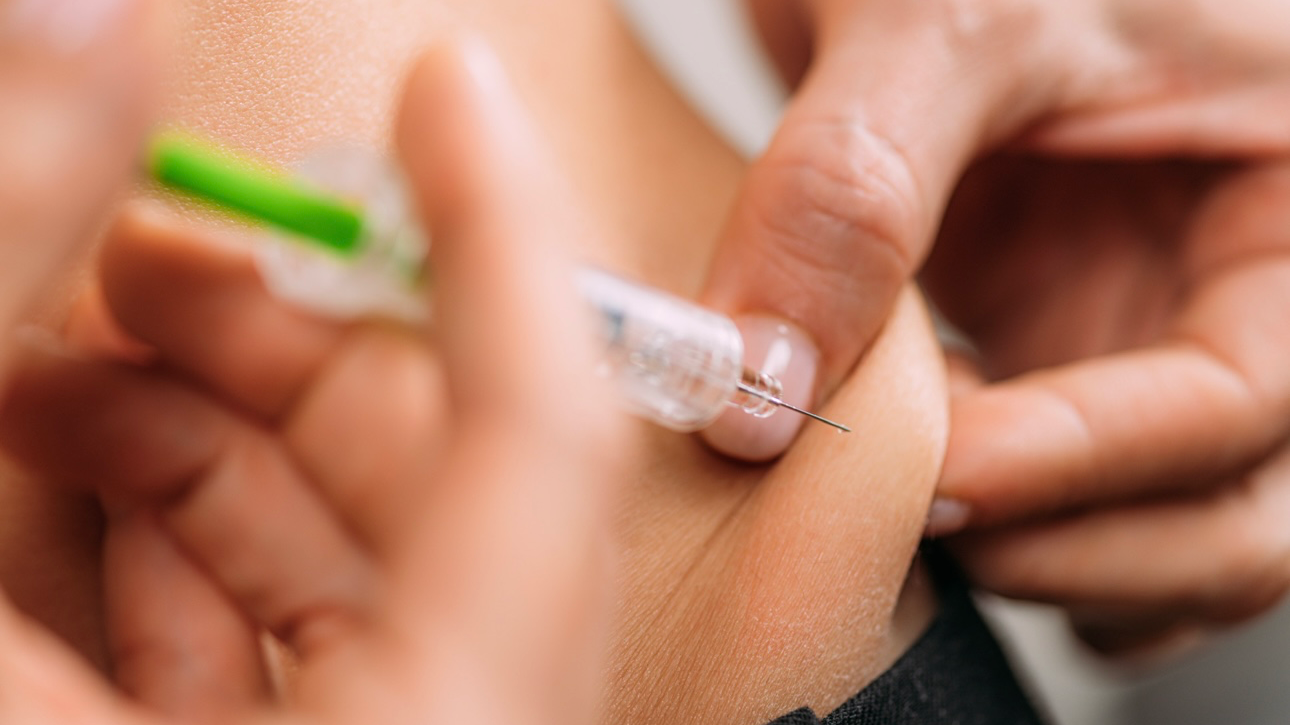"How Many Injections for IVF? Understanding the Number of Injections Required for Successful In Vitro Fertilization"
In vitro fertilization (IVF) is a medical procedure that has helped numerous couples struggling with infertility to conceive and have children. It involves the fertilization of an egg with sperm outside the body, in a laboratory setting. One of the crucial aspects of the IVF process is the administration of injections to stimulate the ovaries and increase the chances of successful fertilization. Many individuals who consider undergoing IVF often wonder how many injections they will need to undergo. In this article, we will explore the different types of injections used in IVF and provide an overview of the typical number of injections required during the treatment.
IVF injections play a vital role in the success of the treatment. These injections are designed to stimulate the ovaries to produce multiple eggs, as opposed to the usual single egg produced during a natural menstrual cycle. By stimulating the ovaries, IVF injections increase the chances of retrieving multiple eggs for fertilization, thereby enhancing the chances of successful implantation and pregnancy.
The exact number and type of injections required during an IVF treatment can vary from person to person. The fertility specialist will tailor the treatment protocol based on individual factors such as age, ovarian reserve, and response to previous fertility treatments. However, there are certain standard injections commonly used in IVF treatments.
Types of Injections Used in IVF
1. Gonadotropin-releasing hormone (GnRH) agonists: These injections suppress the natural hormonal cycle and prevent premature ovulation. They are typically administered in the form of a daily injection or a nasal spray.
2. Follicle-stimulating hormone (FSH) injections: FSH injections are used to stimulate the ovaries and promote the development of multiple follicles, which contain the eggs. These injections are usually self-administered daily for a period of 8-14 days.
3. Human chorionic gonadotropin (hCG) injections: hCG injections trigger the final maturation of the eggs and prepare them for retrieval. These injections are typically given 36 hours before the scheduled egg retrieval procedure.
4. Luteinizing hormone (LH) injections: In some cases, LH injections may be prescribed to support the final stages of follicle development and improve the chances of successful fertilization.
Number of Injections for IVF
The number of injections required for an IVF cycle can vary depending on the specific treatment protocol and individual response. On average, a typical IVF cycle involves approximately 8-12 injections over a span of 2-4 weeks. However, it is important to note that this number can vary.
During the initial phase of the treatment, GnRH agonists or antagonists are administered to suppress the natural hormonal cycle. These injections are typically given for around 10-14 days. Following this, FSH injections are initiated to stimulate the ovaries and promote the growth of multiple follicles. FSH injections are self-administered daily for approximately 8-14 days.
Once the follicles have reached an optimal size, hCG injections are administered to trigger the final maturation of the eggs. This injection is typically given 36 hours before the scheduled egg retrieval procedure. In some cases, LH injections may also be prescribed alongside FSH injections to support the final stages of follicle development.
It is important to note that the number of injections may vary based on individual factors and treatment protocols. Some individuals may require fewer injections, while others may require more. Your fertility specialist will determine the appropriate number and dosage of injections based on your unique circumstances.
IVF injections are an integral part of the IVF treatment process. They play a crucial role in stimulating the ovaries and increasing the chances of successful fertilization and pregnancy. The number of injections required during an IVF cycle can vary depending on individual factors and treatment protocols. On average, a typical IVF cycle involves approximately 8-12 injections over a span of 2-4 weeks. However, it is essential to consult with a fertility specialist who will tailor the treatment protocol to your specific needs. IVF offers hope for couples struggling with infertility, and with the right medical guidance and support, many individuals have achieved their dream of starting a family through this remarkable procedure.










